
Tell me a little about your teaching style and the mark you’ve made here.
I came here to start the Urban Studies Program, and in 1969 the future of the inner cities was in doubt. There were two years of riots and lots of hostility developing and there was an issue about how to make the liberal arts college more relevant to what was going on around it in the city, so I started to teach the basic human intro class and then Urban Geography of North America and Geography of World Cities and a research seminar. So, over the years we built up a strong reputation for engaging Macalester students in the city, and the seminar was instrumental in turning the gentrification and revitalizing Grand Avenue. We worked in several neighborhoods, including West 7th, the East Side, University Avenue, the North Side, Payne Avenue, and Lake Street in Minneapolis, on the NE side of Minneapolis, lots of different places, so the image that I have of myself is that I enabled liberal arts students to become engaged as professionals, doing professional things for communities that couldn’t afford professional planners, and we worked with the city as well doing research for the basic urban plans. So over the years the college has built up a reputation as an engaged place, making options available for students who wanted to become a part of the city.
What did revitalization entail for you?
In the early 1960s people were abandoning the inner city, abandoning the commercial strips. The historic neighborhoods were occupied or owned by absentee landlords that were not reinvesting in the city. There was a great deal of white flight going on. Places were deteriorating. Nobody was investing. So what we did was basically provide research. That showed there was a lot of potential in the inner city. And then we developed plans for the communities to act on that would either keep people in the communities or encourage investment from the city and elsewhere in the communities. What you see now on Grand Avenue is about 100 percent different than what it was in 1969.
And your legacy has been a part of changing that?
Yeah, and I was also on the planning commission for 10 years and I worked closely with the mayor. I brought students into it that way.
What do you like most about Macalester? And what do you think you’ll miss most?
The thing I like most about Macalester is where it’s located, because I’m an urban geographer and because of where it is I’ve had access to study opportunities and planning opportunities and development opportunities that I would not have had. I was a visitor at Berkeley and a visitor at Penn State and I taught at River Falls, so I’ve taught at places that aren’t in this kind of location, and the location is really important for me. One thing is that the student body here, the ones that I work with anyway, are good-humored and yet concerned so they want to be involved in making this city better, but they’re also well-rounded individuals and basically they’re good humored, they’re not pessimistic or morose, neurotic, whatever. But they’re fun to work with. They’re fun to be around. Those are the two most important things I guess. So if the student body wasn’t pleasant and interesting and interested it wouldn’t be something I could do.
You’ve been called a ‘beloved’ teacher and you’re leaving next year. You’ve talked a little bit about your legacy. What do you think your legacy is and why do you think you’re ‘beloved’?
I think if I’m beloved, it’s because I’ve always been focused on the students rather than my own career. I try to get to know and understand the students I work with closely. I try to treat everybody very fairly and reasonably. There’s a saying that you can catch a lot more flies with honey than you can with vinegar. So I’ve always thought that education should be fun. And I’ve never got caught up on abstract measures of academics because I’ve seen so many people who are hugely successful in ways that aren’t classroom-focused. So in the classroom I encourage that kind of excellence. I know there’s lots of other excellences, so perhaps I’m more supportive of people who don’t think like I do. But I’ve turned on a lot of people to very successful career paths and I think I recognize ability wherever it was, whatever it looked like. I encouraged people to do that. But I generally like students. As one of my professors years ago said, “I’m here to teach, not fail students.” And I’ve taken that to heart. I like it. I like students. I suppose the obvious thing is the geography department. When I came it was kind of an afterthought and now it’s a major department in the college. There are lots of geography majors, there’s a great faculty, it’s very different. But I can’t really say that’s my legacy. I was involved in it, and I’ll claim it as my legacy if someone pushes me. But could I prove it to you? Probably not.
Tell me about pre-1968-1969. What drew you into geography and what drew you to Macalester?
In my sophomore year I didn’t know what the heck I was going to do. None of these things I thought I was going to do really got me excited. And my high school social studies teacher said, “You should take a course from Hildegard Johnson,” which I did. It was Human Geography. And I found that I didn’t have to study. I could sit and listen to her lectures, or read the book, and it all just made sense to me. And at first I was suspicious of this. Because school work was supposed to be difficult. You were supposed to struggle. She didn’t teach much urban geography at all. In fact, there was no such thing as urban geography back then. I remember going across a bridge looking at the city thinking, “You know, I’m really interested in cities. I’m not really interested in this other stuff. In Pre-Law, I don’t want to spend my time divorcing people, suing people, that’s not very interesting.” You couldn’t major in geography back then. You could minor in it, so I took more geography courses and they were all obvious to me. When I came here to teach I went back to look at my old notes for this course from Hildegard; I didn’t have any notes. When I got to graduate school, graduate school was way easier than undergraduate. At first I couldn’t figure this out but then I of course realized very quickly that this is what I was interested in. Really, really, deeply interested in. But I never intended to come here to teach. This position opened suddenly and I like the college. It wasn’t a place I disliked. Hildegard Johnson was a formidable figure and most people didn’t think I would be able to work with her because no one else could. But I got along with her fine. I respected her. And I was brought in to do this urban stuff, which she didn’t do. It’s a question everyone asks: Why did you become a doctor? Why did you become a lawyer? And people kind of interpret their paths, but actually I think I learned it from my father. I was the last of six children, but a long last of six children. So he was old and had been a lot of places and talked about a lot of places. And we worked in the livestock industry so I used to go in the country with him and drive around and talk to farmers and look at stuff. I worked in the stockyards with him and all kinds of different people came in. It started out kind of agricultural, really geographic. I don’t know, though, really. Everybody says, “Well, I loved maps.” Sure I loved maps, but why do they love maps? I don’t really know. The specific thing was I took this course at Macalester and that just made me so happy. It all made sense.
What do you do outside of school? Extracurricular activities you like to do?
I usually don’t talk about my hobbies. But I have cars. Here at Macalester everyone gets concerned about their carbon footprint. But I have muscle cars that were designed to burn gas. So I have a couple of cars that I fiddle around with. And I shoot, I have a gun collection. I collect maps, and I go to the theatre. I eat out. I do what everybody else does. I follow sports. Nothing special. I have a cabin in Wisconsin. I raised trout for a while but I lost out to the otters, and the herons, and I told people I was running a welfare program for otters and herons. But while I shoot I don’t hunt. There’s a big difference obviously. I’m not opposed to hunting. I just don’t do it.

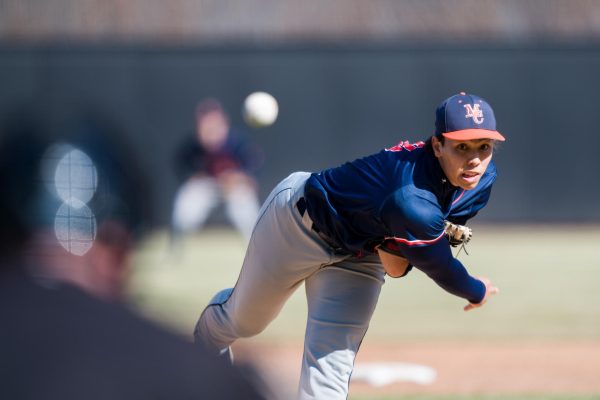

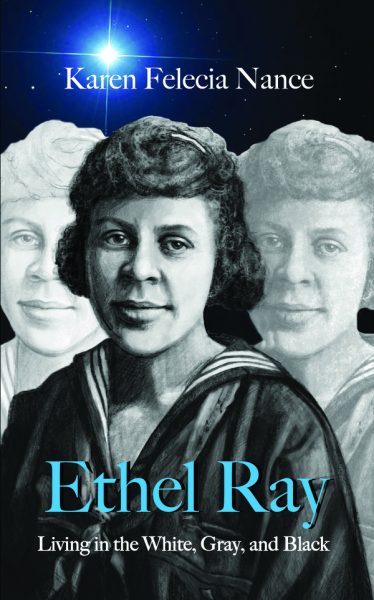
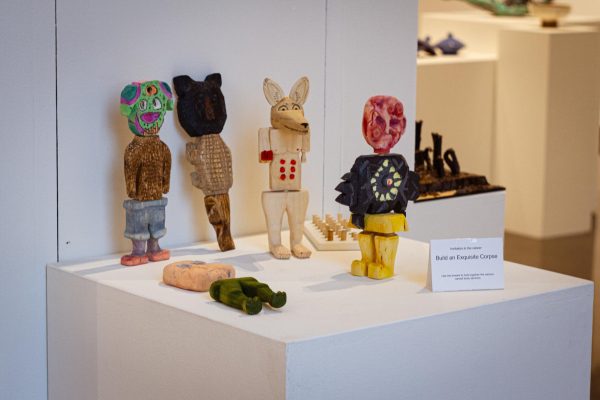
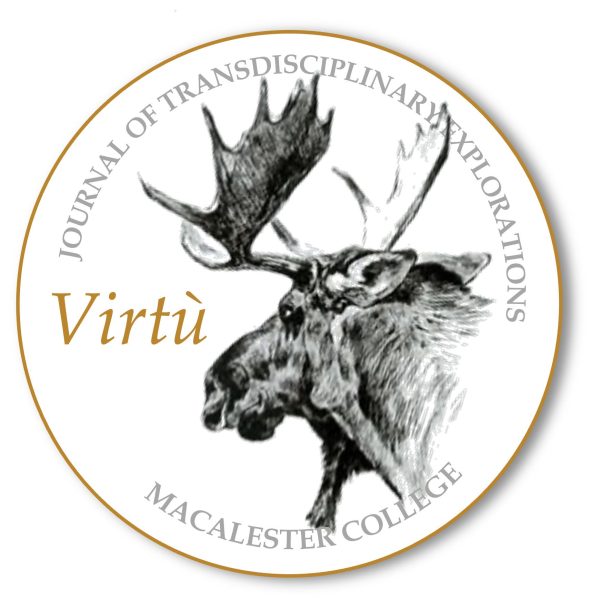
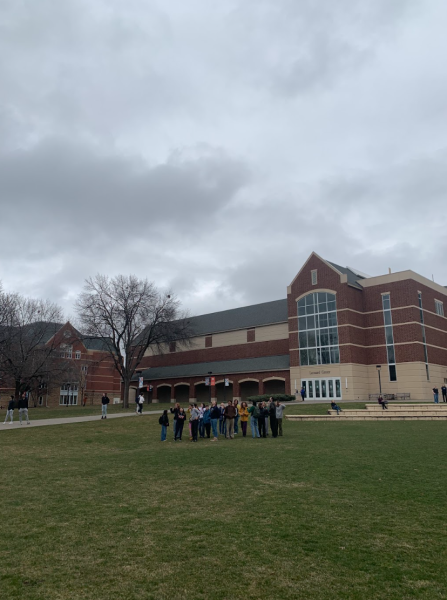

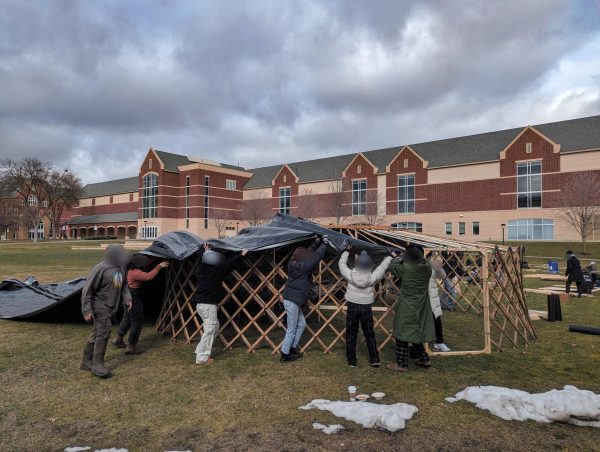




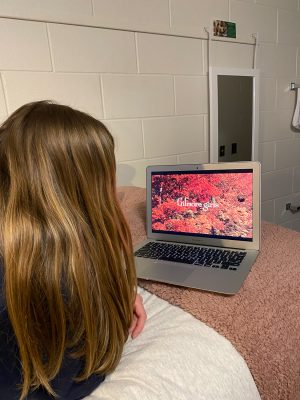
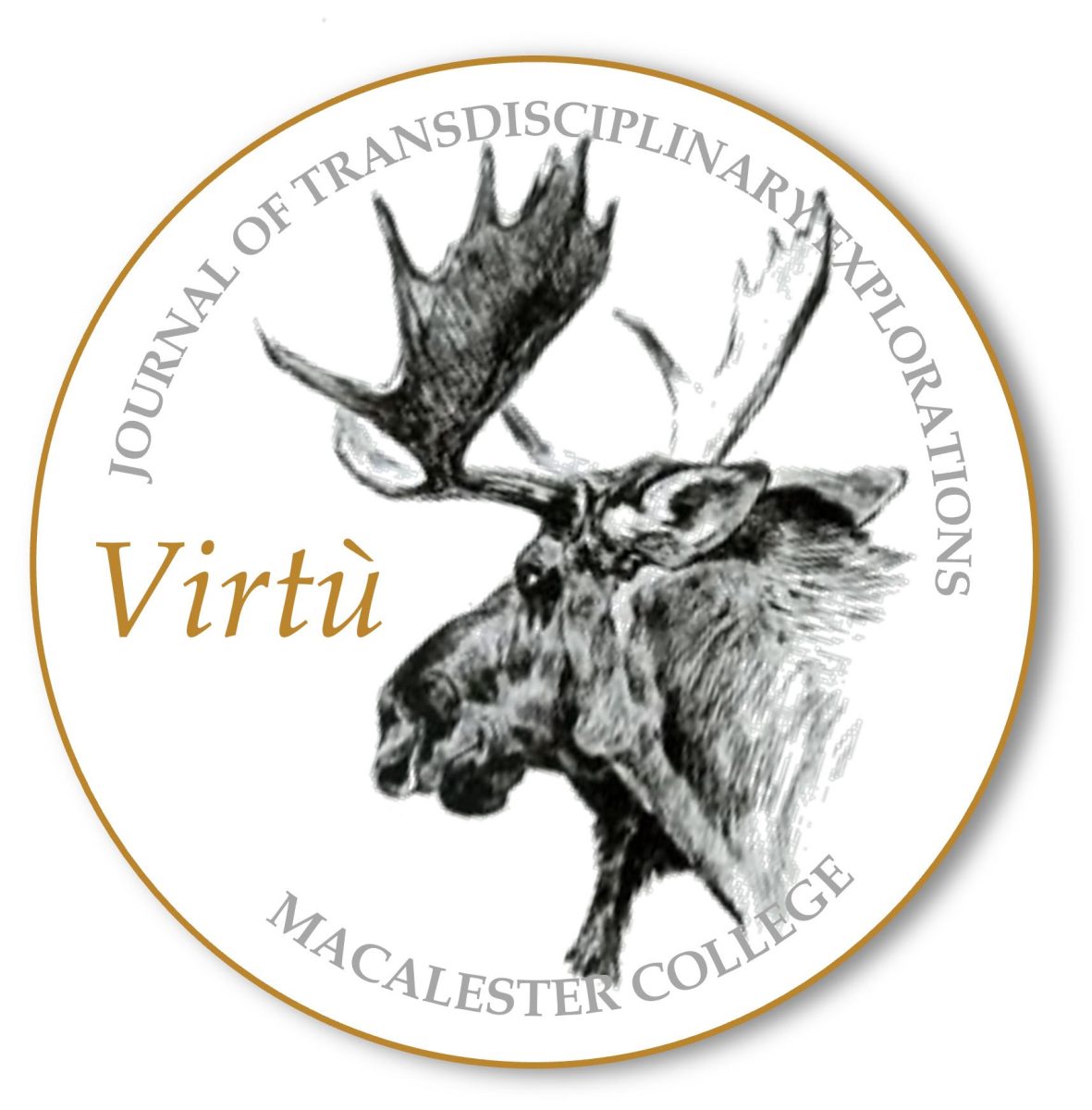
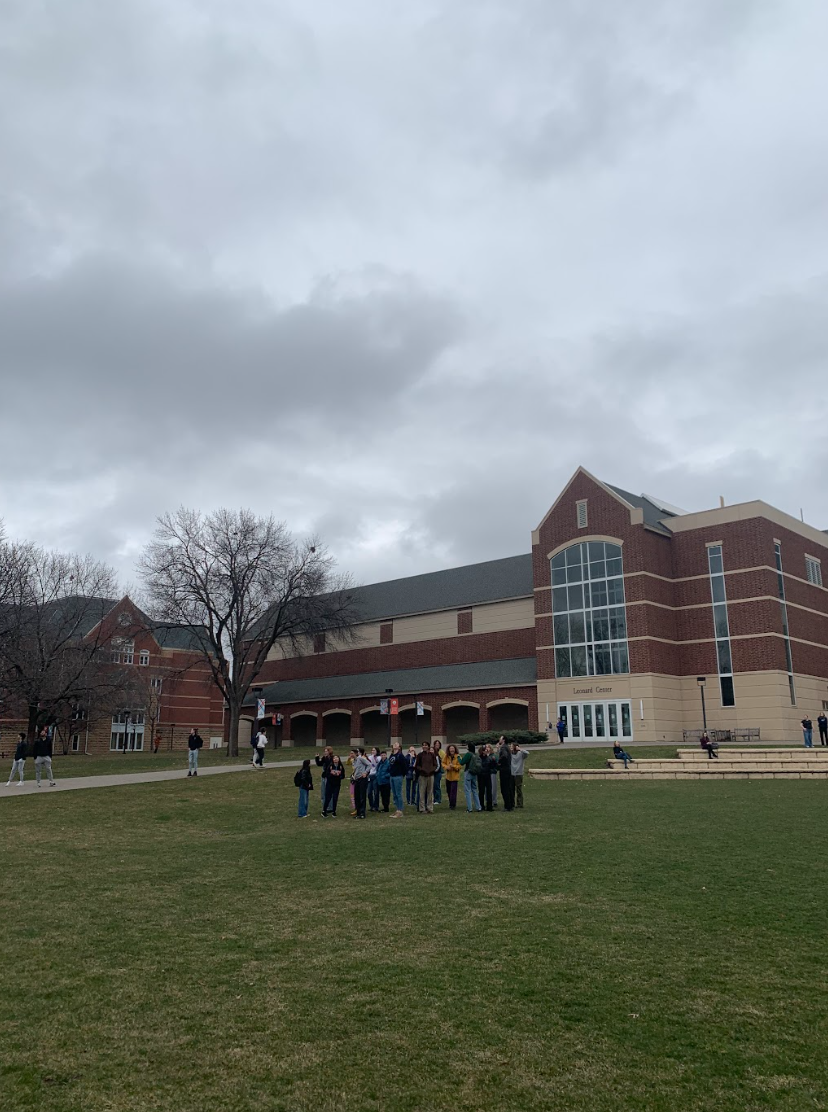
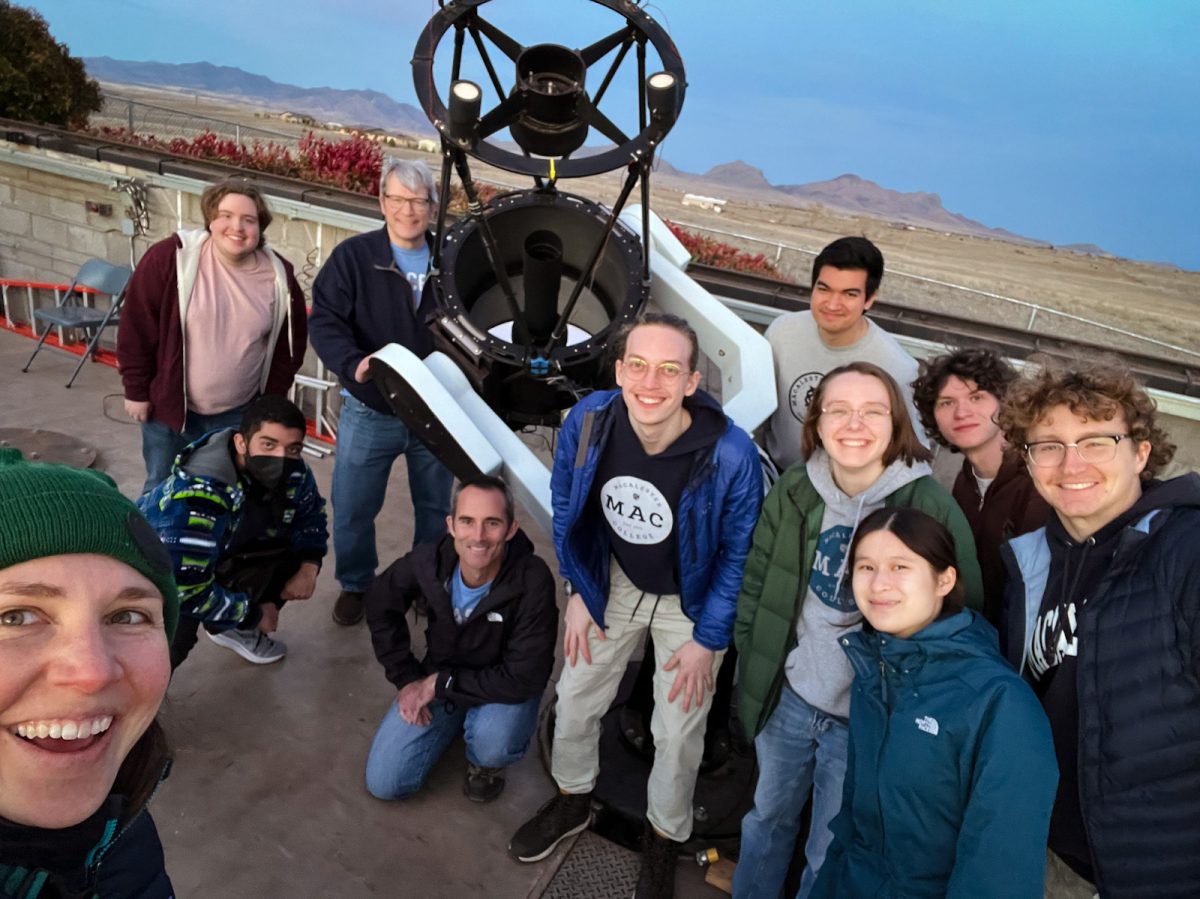

Frank Sanderson • Sep 12, 2019 at 12:41 am
I am eager of learning Flash, is there any piece of writing associated to Flash, if okay, then please post it, thanks.
Luke Morrison • Sep 10, 2019 at 6:09 pm
All right this YouTube video is much better than last one, this one has fastidious picture feature as well as audio.
Stephen Abraham • Sep 6, 2019 at 1:40 am
Hello to all, I am also truly keen of learning Personal home pages programming, however I am new one, I always used to examine content related to Personal home page programming.